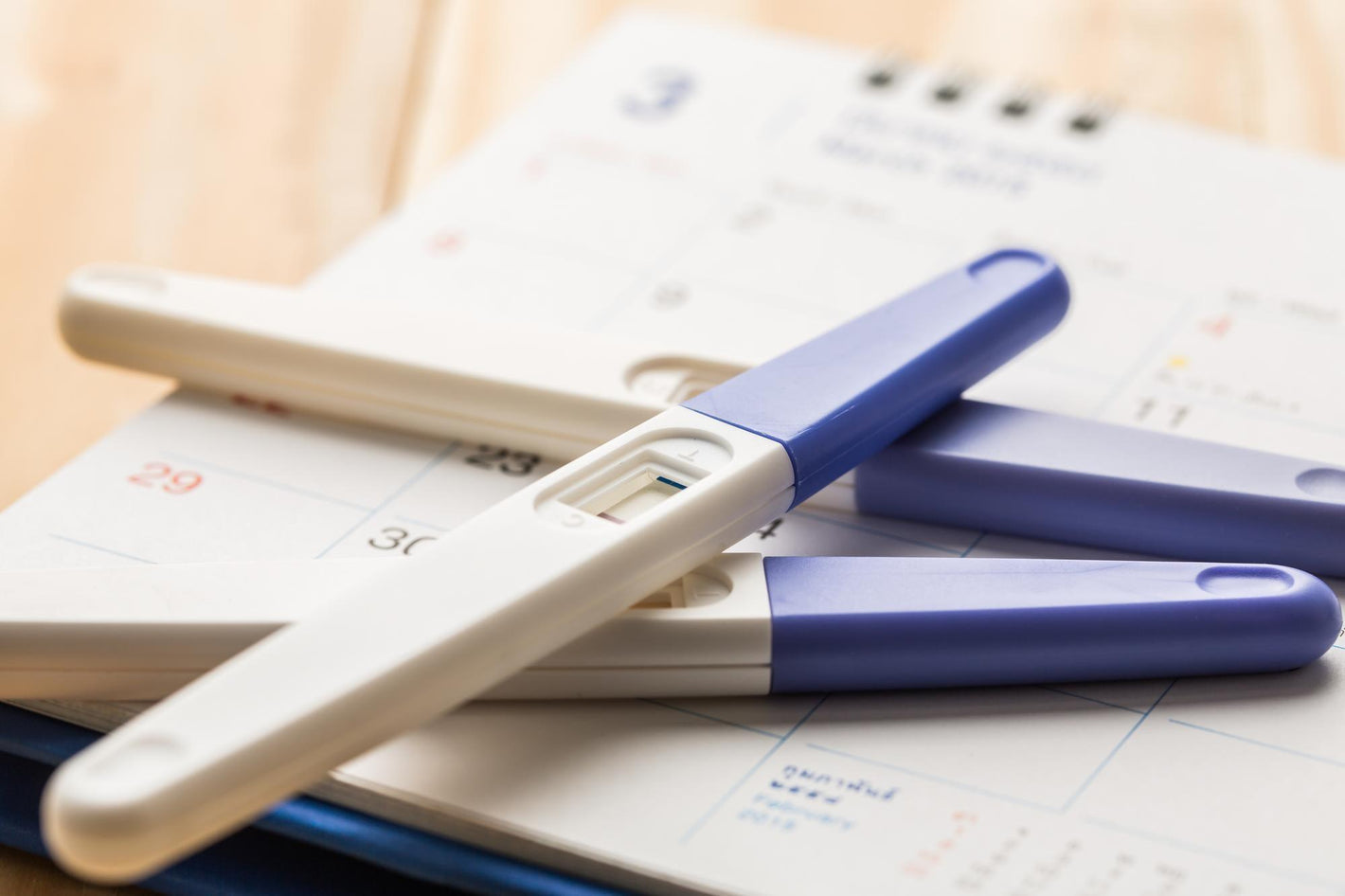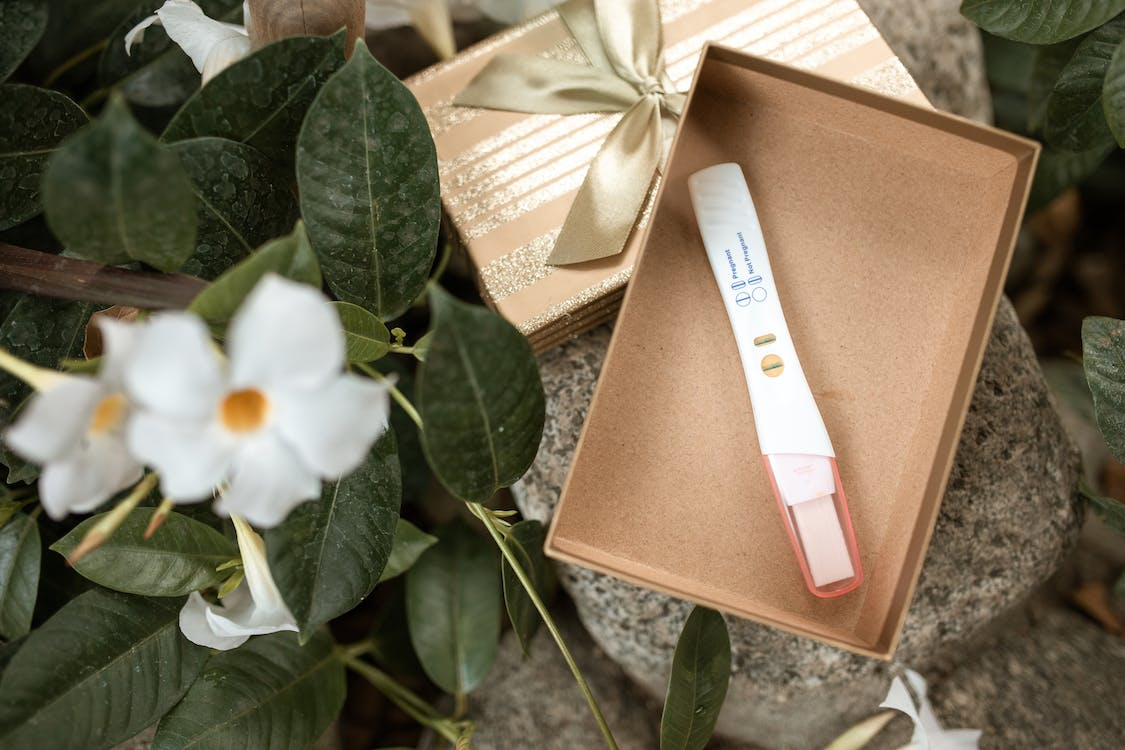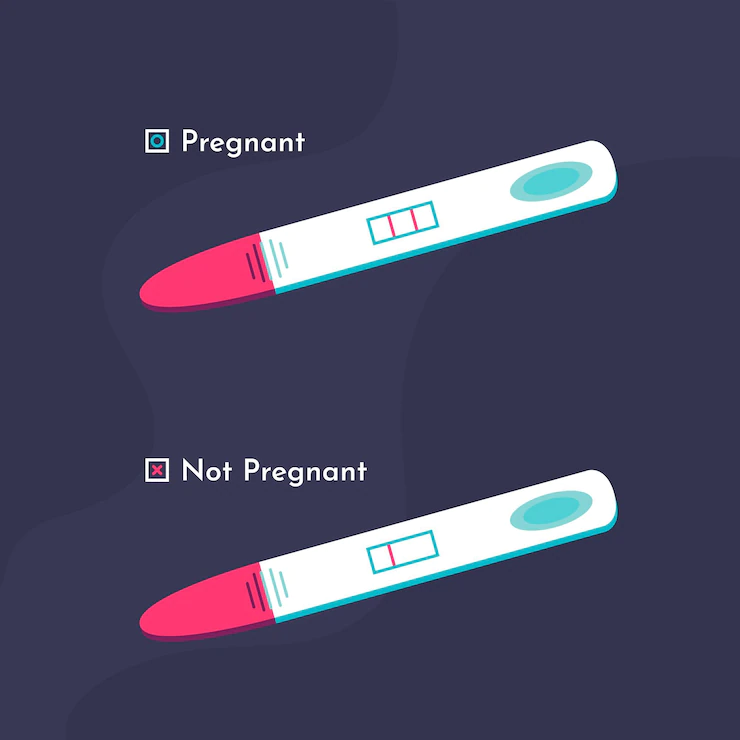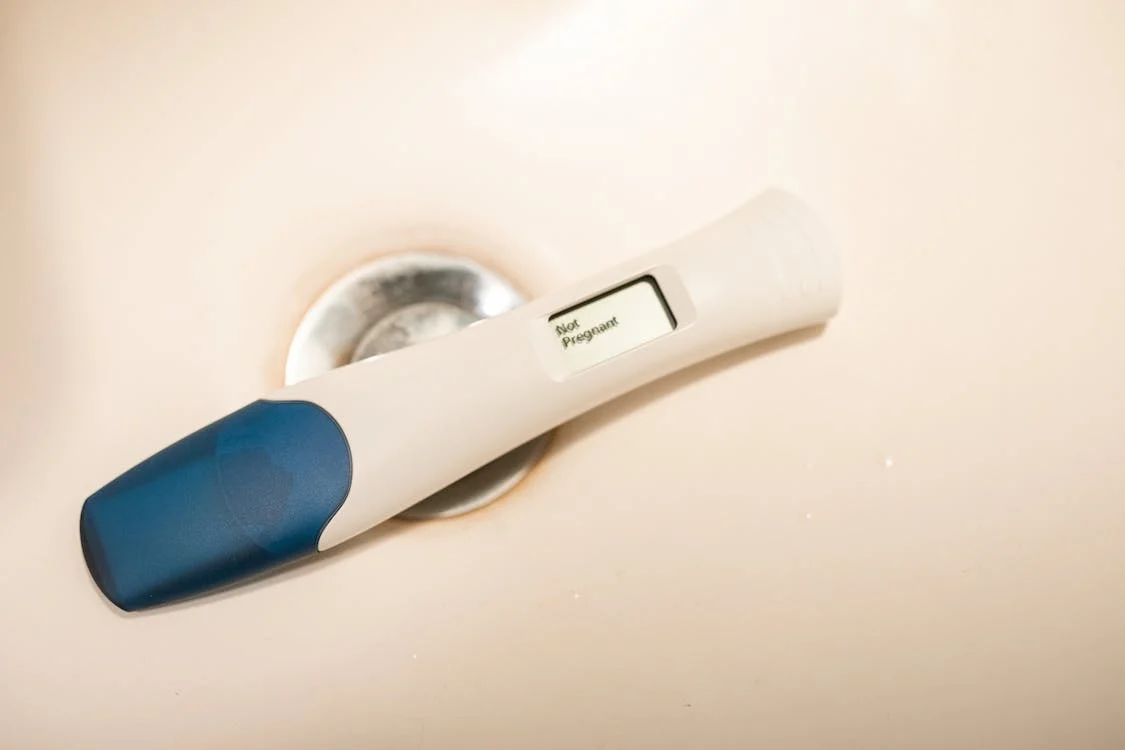How many days after Ovulation can you test?



Whether trying to conceive or avoid pregnancy, the anguish of an unconfirmed pregnancy can take over your mind. Being in the unsure zone for too long gets tougher as each day passes. Most people would advise you to wait until you have missed your period. However, this can feel very frustrating. That's where pregnancy tests come to your rescue, and you may just be able to rely on these handy test kits to relieve you of some of your anxiety.
Having a clear picture of your menstrual cycle is always a good idea as it helps to track your ovulation and be aware of a possible pregnancy. The length of your menstrual cycle can range from 23 to 35 days, where 28 days is considered to be the average length for most women. Menarche is the age when you get your first period, which is generally at the age of 12 for most girls, although it may differ from person to person. This marks the beginning of a female's fertile period of life, which ends with menopause, i.e. when you stop to menstruate permanently. Menopause may occur during your mid-40s or 50s, with 51 years being the average age for menopause to occur in the UK.
Depending on several factors, women are more likely to conceive if they have had unprotected sex a few days before ovulation during their fertile period of life. Your menstrual cycle consists of four phases: Menstruation, Follicular Phase, Ovulation, and Luteal Phase.
HCG levels typically tend to rise around 11 days after ovulation. Quite a few pregnancy test kits assure to detect pregnancy as early as a day after your missed period. Although it is possible to detect pregnancy using an at-home urine test kit 9 to 15 days after ovulation, there are chances of a false positive result or a false negative result. Therefore you may want to take a pregnancy test again after a few days.
HCG levels are at their peak two weeks after ovulation. Therefore, reliable pregnancy detection with the help of a urine test can be obtained within 12 to 15 days after ovulation. Still, you may want to repeat the test after a few days or one week after your missed period.
After getting a positive on the urine pregnancy test kit, you may consider doing a blood test to detect your HCG levels. Ultimately, an ultrasound scan performed two weeks after your missed period is the best investigation to confirm your pregnancy.
Your period cycle starts with menstruation, wherein the first day of your period is counted as day one of your cycle. During this phase, your uterus sheds off the thickened uterine lining in the form of blood and uterine tissue. This phase of your cycle may last for 3 to 7 days. Women may use menstrual cups, sanitary pads, or tampons to absorb the blood that is released from the vagina.
The follicular or proliferative phase overlaps the menstruation phase, as it also starts from day one with follicle stimulation. This phase may last up to day thirteen or fourteen until ovulation occurs. Under hormonal influence, the uterus is prepared for pregnancy by thickening the uterine lining while one follicle matures to release an egg.
Ovulation occurs during the middle of your cycle, around days 12 to 16 of your cycle. It is characterized by the release of the egg from the ovum, which travels along the fallopian tube to the uterus. After ovulation, the egg remains viable for 24 hours, during which it can be fertilized by a healthy sperm.
Read more: How long does ovulation last?
This phase is characterized by a rise in progesterone and oestrogen levels, which prepares your uterus for fertilization. If your egg is not fertilized, your progesterone levels drop, preparing the uterus for menstruation with the shedding of your uterine lining.

Tracking your ovulation is essential for family planning. The sperm is known to be viable in a female's uterus for a minimum of three to a maximum of seven days. While the egg is released from the ovary on the one particular day of ovulation during each cycle, it remains viable for 24 hours. Therefore, having unprotected intercourse on the week leading up to and the day of ovulation can increase your chances of conception.
The Welzo instant ovulation test kit that detects the surge in your LH levels can help to track your monthly ovulation. A positive on your Ovulation test indicates that you are going to ovulate within the next 12 to 36 hours and if you wish to get pregnant, it is the best time to have unprotected intercourse.
A pregnancy test is the first test you may consider doing if you are wondering if you are pregnant or not. It helps to confirm pregnancy by detecting a hormone known as Human Gonadotropin (HCG) in your blood or urine.
The Human Gonadotropin (HCG) hormone is produced by the placenta when a woman is pregnant. HCG (also known as pregnancy hormone) levels begin to rise around the 11th day after ovulation and continue to rise until the 10th week of pregnancy. For the pregnancy test to detect HCG in your urine or blood, HCG levels need to rise considerably. That's the reason why the timing of taking your pregnancy test is important. If you are pregnant, the Human Gonadotropin hormone levels tend to double every few days until the 10th week of your pregnancy.
Read more: Signs of ovulation after stopping the pill.

The presence of a certain amount of HCG levels in your blood helps to confirm early pregnancy. There are two types of Beta-HCG Pregnancy Tests and they include:
As the name suggests, this blood pregnancy test detects rising HCG levels in your blood. A tiny puncture would be made with the help of a syringe needle by a health professional to draw a blood sample to detect HCG levels. A qualitative HCG test does not tell you the levels of HCG in your body but will detect if a certain amount of HCG is present or not present in your body.
This test quantitatively measures the levels of HCG in your blood, thereby detecting early pregnancy.
This pregnancy test is also a qualitative test that detects the presence of a certain amount of HCG levels in your body and thereby helps to confirm pregnancy.
Read more: Everything you need to know about a pregnancy test.

This is a urine pregnancy test that qualitatively detects the presence of HCG in your urine. These at-home pregnancy tests can be taken by yourself at home. To take a pregnancy test, you will need to dip a test strip in your urine sample for a few seconds. You then need to wait for a little while before your results appear on the pregnancy test strip. Quite a few brands provide an at-home urine pregnancy test, and you may get your results either in the form of two lines on the test strip, a 'positive', a 'plus sign', or a 'pregnant' reading on the device if you are pregnant.








Plus get the inside scoop on our latest content and updates in our monthly newsletter.